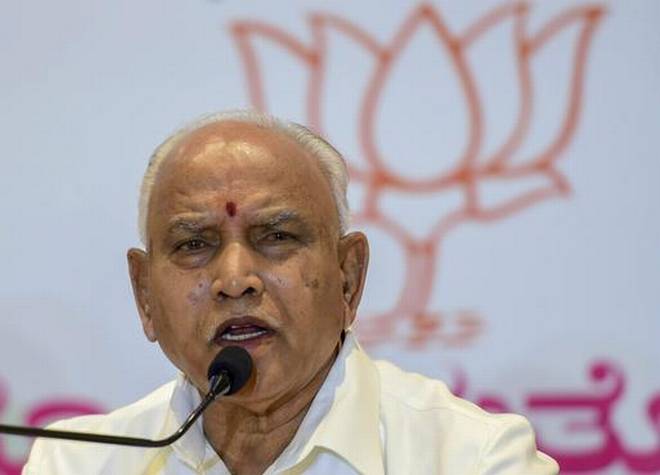
Mangalore, October 15: The Zilla Panchayat has prepared a 'Vision 2020' document for the integrated development of the district at an estimated cost of Rs 2,500 crore and the document will be submitted to the Chief Minister D V Sadananda Gowda either on October 17 or 18, said Zilla Panchayat President Shailaja Bhat.
Addressing a press meet here on Friday, she said a delegation with ZP members, MP Nalin Kumar Kateel and District-in-Charge Minister Krishna Palemr will meet the Chief Minister. The Vision document has 600 pages.
The Vision document deals with development work which need to be taken up in the district in the next ten years in all fields. It also mentions those projects which have been pending before the government for approval. Some of the proposed road for development include Arasinamakki-Shibaje, Nadukalmakkar, Vittal-Salethur, Balpa-Guthigar. The Vision document has earmarked Rs 28 crore for the development of 360 footbridges. It has also proposed 15 hanging bridges to provide connectivity to the villages in the district, said Zilla Panchayat Executive Engineer Sathyanarayana.
Project officer Abdul Naseer said the documents also mentions the special projects that are required for the district. It has proposed 46 multi-village water scheme to solve the drinking water woes. The 46 multi-village schemes will cover 206 gramas in the district. The estimated cost of 46 multi-village scheme is Rs 56,431 lakh.
Bhat said that the Chief Minister had released Rs 100 lakh to the Zilla Panchayat to take up development work. The CM has also promised to release additional Rs 100 lakh. The government has also released Rs 100 lakh each to taluk panchayats in the district.
Roads
The ZP President said that the roads in the district are in deplorable condition. The Chief Minister has promised to release Rs 1314 lakh to fill the potholes in the district. The CM has also promised to sanction Rs 20 crore as special package to the district to develop main roads. The funds will be distributed equally among all the Zilla Panchayat constituencies.
Housing
Under Indira Awaz scheme, about 2,233 houses have been sanctioned and 1,565 beneficiaries have been selected in the district.
The work on construction of houses have already commenced. Similarly, under Basava Vasathi yojane, 14,000 houses have been sanctioned to the district. About 9,361 beneficiaries have been selected, Bhat said.
Yellow leaf disease
To a query on the farmers of Dakshina Kannada who rejected a proposal of the government to replace yellow leaf disease hit arecanut trees, with new schemes under a scheme of National Horticulture Mission, Zilla Panchayat Standing Committee on Agriculture President Navin Kumar Menala said that the Zilla Panchayat has written to the government to provide financial aid to the farmers to grow alternative crops instead of replacing the disease hit palms. The Horticulture department has already suggested for growing palm trees, taking up dairy farming, growing rubber and paddy. As the farmers are not interested in replacing the arecanut plants, the scheme will not be implemented in the district.
Hirebandady GP
Zilla Panchayat President Shailaja Bhat said that the Zilla Panchayat had resolved to dissolve Hirebandady Gram Panchayat. The resolution has been sent to the Deputy Commissioner for gazette notification. Once the gazette notification is announced, then the Gram Panchayat will be dissolved and administrator will be appointed to look into the affairs of the Gram Panchayat. The Gram Panchayat has failed to hold its monthly meeting due to lack of quorum







Comments
Add new comment